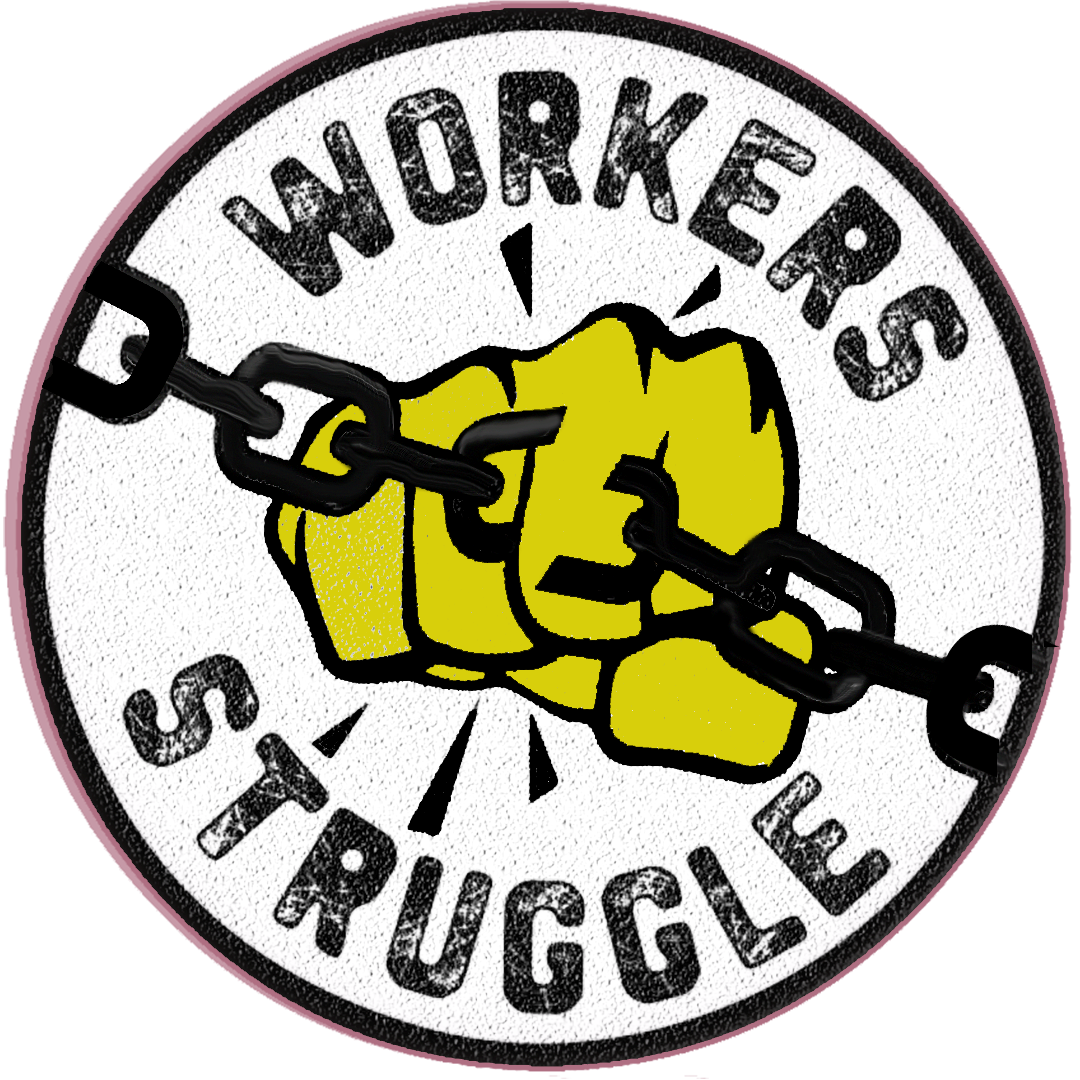Non-Jobs Don’t Count: The Working Class Perspective on the Unemployment Rate
Last week there was some debate over how many Americans are actually out of work, i.e., the “real” unemployment rate. The Bureau of Labor Statistics, an agency within the US Department of Labor, put the official number at a laughable 5.3%, down from 6.1% the previous year. (When counting those who have given up but say they still want to work, and part-timers who want to work full-time, they admit the number should be raised to 10.4%). Political clown Donald Trump estimates it at 18%. Former Reagan administration Budget Director David Stockman puts it at a more realistic 42.9%
But none of those bloodsuckers are counting it right. They can’t, because they take for granted their own capitalist definitions of “employment,” “underemployment,” and “unemployment.” This is like snakes describing the reality of horses. Those who should define those categories are the ones living them. For working people it is not a numbers game, but a deeply problematic social relationship.
For capitalists, workers are a necessary inconvenience. To make a profit in the productive sector, they must purchase our labor power. (They’d prefer go robotic or full-financial—moving money around rather than selling goods or services—and not have to deal with pesky workers. Sadly for them, robots aren’t everywhere yet. They still need us—without exploiting us, their whole economy falls apart.) For them, the employment rate is not determined by what society needs; it’s determined by how much money they can accumulate. If it’s not profitable to employ us, they throw us in the street.
This is the framework within which capitalists conceive of the “employment rate.” They evaluate the numbers with certain questions on their minds, namely: “Should we employ more workers or can we get a higher rate of profit playing the market?” and “Is the masses’ discontent threatening social disorder, making it necessary to ease their pain a smidge?”
We working people, on the other hand, consider being employed as “making a living.” In our framework, everyone has the right to do so. We, who have to hawk our labor power and services on the open market, value our labor power differently than capitalists do. For us, its value is equal to whatever it takes to live. “Live” and “survive” are two different things—we’re not talking about the bare minimum that will keep us just alive enough to return to work tomorrow.
For now, let’s set aside the fact that Stockman or Trump or any capitalist doesn’t deserve a standard of living any higher than ours. And we’ll talk some other time about our desire for meaningful and satisfying work that contributes to society rather than fattens the wallets of capitalist parasites.
The central point to focus upon right now is this: at bare minimum, “employment” should provide us and our families with certain basics: a comfortable home, a broad and stimulating education, quality clothing, restful vacations, high-quality food and medical care, convenient and cheap transportation. These are the basic human rights of everyone who lives in a functioning society, yet we’ve been so conditioned to deprivation that these simple necessities have become wild fantasies. We yearn for them when buying lottery tickets, dreaming of beating ridiculous odds in the hope of easing the intolerable stress of constant hassles and personal financial disasters.
What capitalists count as “jobs”—part-time gigs that don’t even let us feed ourselves properly—are not worthy of that name. The same goes for day labor, temp work, being subcontracted out, coming out of retirement, freelancing, internships, and other forms of slave labor.
If we can’t make a living, then what we have is not “employment.” We are working (too hard, too much, and not enough), but we are, in reality, unemployed. Because the labor-management marketplace is set up to be wildly skewed in favor of the latter, we are being forced to sell our labor power and our services at a severe loss. No sane capitalist would sell anything at a loss, yet they expect us to do so (while trying to convince us that if our situation is ameliorated, for example by higher wages, the economy will collapse and we will all starve). They persuade us to make up the shortfall on volume—multiple jobs—which not coincidentally allow them to avoid paying healthcare and other benefits that accrue to full-time workers. Other options they offer us include inadequate minimum wage adjustments, credit cards, student loans, payday loans, drug dealing, or pimping out sections of our homes on Airbnb (a modern version of the Depression-era coping mechanism of “taking in boarders”). What they never allow into the conversation is paying wages that provide an actual living.
So, whatever figures capitalists throw around to prove their economy is working, they are not addressing our reality. Exploiters of workers have no right to define or determine the level of employment. Their economy is rotten, and they want to feed us on the maggots. Well, we need better. We produce all the value in this damn economy—we deserve better.
